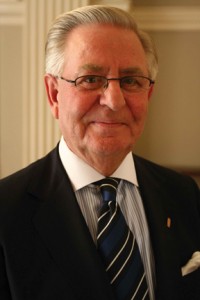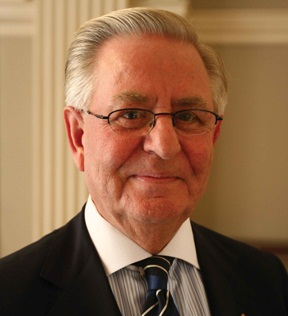
By Philip Whitfield
A just war? Or just a war? Martyrdom versus military might? How far is Syria’s Assad willing to go? Or will he go willingly? Who wins? Does everyone lose? Apparently you can be at both ends and in the middle at the same time.
Bashar the Beast fights bantamweight: bare-knuckle with the gloves off. Saudi Arabia, Qatar and the Emirates are cruiserweights in this matchup. Middleweight Egypt is with the Arab League’s catch weights Iraq, Lebanon, Tunisia and Algeria.
The league’s motion passed in Cairo says: The United Nations and the international community are called upon to assume their responsibilities in line with the UN Charter and international law by taking the necessary deterrent measures.
Defining deterrence determines destiny’s denouement.
Americans aren’t watching. Tomorrow in prime time Obama goes head-to-head against the 12 finalists in America’s Got Talent. They’ll get more than 10 million viewers. Obama? A million if he’s lucky. Big Brother will draw 7 million.
Maureen Dowd writes in the New York Times: Many around the president are making the case that if he doesn’t stand firm on his line in the sand, having gotten so far out on a limb, he’ll look weak and America will lose face and embolden its foes.
Dowd’s colleague Tom Friedman thinks the best response to poison gas is not a cruise missile attack. He favours increased training and arming the Free Syrian Army. Not a perfect solution, he agrees, but where’s perfect on the menu?
Consider classified information obtained by Le Figaro. According to their military sources, for several months the Americans have been arming rebels in parts controlled by radical Islamists. And at a camp on the Jordan border. A group of 300 men trained in guerrilla warfare crossed the border on 17 August. A second unit joined two days later.
Robin Laird, the influential Washington defence analyst writes: If dealing with Syria is crucial, the key player is Turkey and the leader in dealing with Syria is clearly Turkey as well.
An Ankara insider fingers Iran: Turkish authorities have had to force Iranian cargo planes flying through Turkish airspace to land at Turkish airports for inspection or have seized suspicious cargo carried by Iranian trucks overland en route to Syria. He says Syria has a stockpile of 1,000 tons of chemical weapons including mustard gas and nerve agents such as sarin and VX stored in 50 different cities.
Russia is in the know. It sent three million gas masks to Damascus last year, he says.
Turkey isn’t alone preparing for an escalating conflict. Hezbollah’s Iranian trained boots on the ground are reported to be redeploying from Beirut and the Bekaa Valley. Israel and America have been conducting joint air defence manoeuvres.
Obama acts with the uncertainty of a president tortured by indecision. If this were happening in his first term, he’d not risk it. A student of JFK, he knows the folly of Kennedy’s: Pay any price, bear any burden, meet any hardship; support any friend…to assure the survival and success of liberty.
Escalating the war in Vietnam to constrict communism didn’t work, broke Lyndon Johnson and buried Nixon. Dare Obama risk his legacy on an expedition most regard as errant?
Under interrogation Obama has come up with a new alibi. When first pulled over he said America was drawing a line in the sand after gas was used. Under closer interrogation his story changes: the international treaty banning poison gas covers America.
“I didn’t set a red line, the world set a red line,” he says. “My credibility is not on the line. The international community’s credibility is on the line.”
Where’s America’s self interest? History will reveal whether it’s protecting the dollar, oil, gas, regional stability or hubris. Already America’s clout has gone down a peg or two.
Do the ghouls of Damascus and Tehran scare him off claiming the entire region will burn to a crisp if he tries to bring Assad to book? Or is it gruff bluff?
When Obama chose Cairo to unveil a ‘new beginning’ in 2009, he concluded: It is easier to start wars than to end them. It is easier to blame others than to look inward, to see what is different about someone than to find the things we share.
He added: But we should choose the right path, not just the easy path. There is also one rule that lies at the heart of every religion that we do unto others, as we would have them do unto us.
Haymakers or jabs below the belt?
Philip Whitfield is a Cairo commentator.



